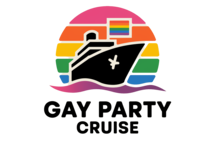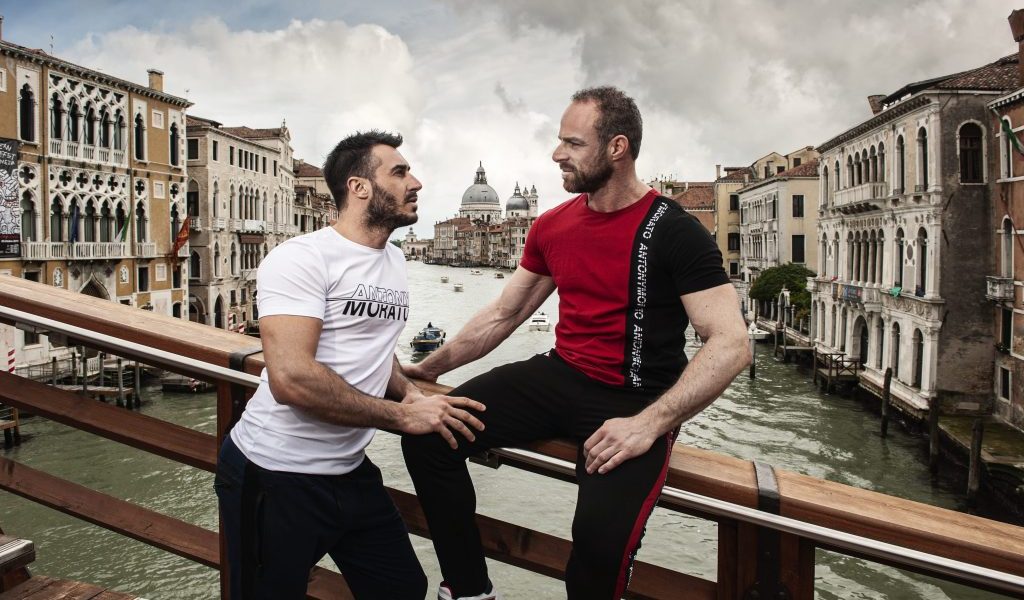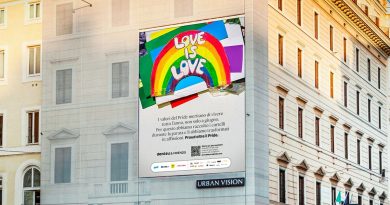The 7 most LGBTQ+ friendly cities in Italy
LGBTQ+ friendliness in cities is typically measured by factors such as anti-discrimination policies, the presence of vibrant queer communities, visible support from local government, and the availability of LGBTQ+ specific venues and events. Italy, although considered more conservative than some Western European countries, features a number of cities recognized for their progressive attitudes and openness toward LGBTQ+ individuals and communities. Key indicators in these Italian cities may include annual Pride celebrations, dedicated nightlife and cultural spaces, resources and organizations for LGBTQ+ people, as well as safe and welcoming urban environments.
The seven most LGBTQ+ friendly cities in Italy, often cited by community organizations and travel resources, are Rome, Milan, Bologna, Turin, Florence, Naples, and Palermo. Rome and Milan are notable for their large Pride events, extensive queer nightlife, and visible public support. Bologna is distinguished by its long-standing LGBTQ+ activism and grassroots organizations. Turin and Florence offer a mix of inclusive policies, queer-friendly venues, and cultural events. Naples and Palermo reflect growing acceptance and active local advocacy, with vibrant Pride events and supportive spaces for LGBTQ+ individuals in Southern Italy. Each of these cities contributes to a national landscape of increasing visibility and acceptance for the LGBTQ+ community..
Despite the current not entirely rosy situation in terms of LGBTQ+ rights in Italy, our beautiful country, thanks in part to its cultural and historical heritage, has established itself as a open and inclusive destination for the LGBTQ+ community. Several Italian cities offer a mix of history, art, nightlife and inclusive spaces that make them particularly popular with the queer community. Today we find out together which are the 7 most LGBTQ+ friendly cities in Italy and why.
Milan
Milan is considered the most inclusive city in Italy, thanks to its vibrant LGBTQ+ scene. The Porta Venezia neighborhood, with Via Lecco as its epicenter, is a hub for LGBTQ+ friendly bars, clubs and restaurants. Other neighborhoods, such as NoLo, Navigli and Brera, host increasingly open and welcoming spaces. The city is also famous for major events such as Milano Pride or the MiX Festival.
Read also, “Milan: the heart of Italian LGBTQ+ life.”
Bologna
Bologna is a pillar city of LGBTQ+ culture in Italy. It is home to the Cassero LGBT Center, one of the longest-running and most influential associations in the country, which hosts festivals such as “Gender Bender” and “Divergent,” dedicated to trans cinema.
The city also boasts a rich LGBTQ+ history. In the 1970s, the Kinky Club was among the first venues to create a safe space for the community. Near Porta Saragozza is Italy’s first monument dedicated to the memory of persecuted homosexuals, a symbol of resistance and recognition.
Read also, “Bologna is the most LGBT-friendly city in Emilia-Romagna. Here are the places to visit in 2024.”
Rome
Rome is not only a referent for modern queer culture but has deep roots in the acceptance and celebration of diversity. During the Roman Empire, same-sex relationships were often experienced without question. This open approach is reflected in historical texts and frescoes of the time, where love between individuals of the same sex was depicted without stigma.
Today, these historical aspects are blended with a contemporary cultural offering. The Vatican Museums and the Sistine Chapel not only tell the story of Michelangelo’s life, considered a symbol of gay creativity, but also testify to how art has been a tool of personal expression and resistance.
Rome’s LGBTQ+ nightlife focuses on Via San Giovanni in Laterano, known as the “gay street.” Here are bars, clubs and meeting spaces that remain active late into the night.
Read also, “Antinous: the history, cult and legend of the gay icon of the Roman Empire.”
Florence
Florence, cradle of the Renaissance, offers a mix of art and inclusivity. The Santa Croce neighborhood is known for its LGBTQ+ friendly scene, while the city itself is a center for queer art exhibitions. Florence is also an ideal starting point for exploring other open cities, such as Pisa and Siena, set in picture-postcard landscapes.
Read also, “The city of Florence between history and culture: why it’s your next LGBT destination”
Turin
Turin was one of the first Italian cities to establish an LGBTQ+ association. The San Salvario neighborhood is now a gathering place for the queer community, with bars, clubs and restaurants offering a welcoming atmosphere. The city also hosts cultural and artistic events, reflecting a long tradition of open-mindedness and innovation.
Read also, “How to have fun in Turin now that the city will host Europride in 2027.”
Venice
Venice, with its unique canals, is a perfect destination for LGBTQ+ couples. Although there is no specifically gay neighborhood, the entire city is friendly and welcoming with a sparkling nightlife. Alberoni beach at Venice Lido is especially popular with the queer community, offering a space to relax and socialize.
Read also, “Gay Venice: a journey through the history and queer culture of La Serenissima”
Naples
Naples, famous for its warm and welcoming culture, is an increasingly popular destination for the LGBTQ+ community. The city offers a vibrant LGBTQ+ scene with unique clubs, bars and gathering spaces, especially in the historic center and for events such as Napoli Pride. Also not to be missed is Mergellina, a popular place for socializing, and the waterfront, perfect for a romantic stroll.
Read also, “Homosexuality and Sexuality in Antiquity: Naples, Pompeii and Capri.”




